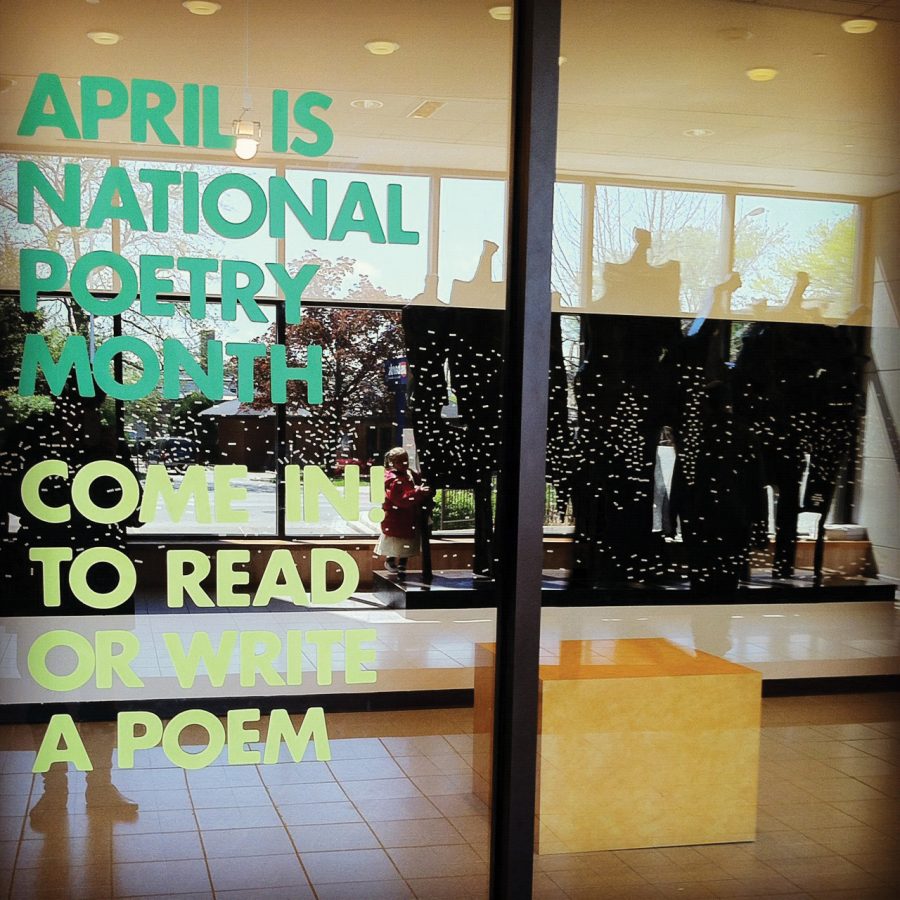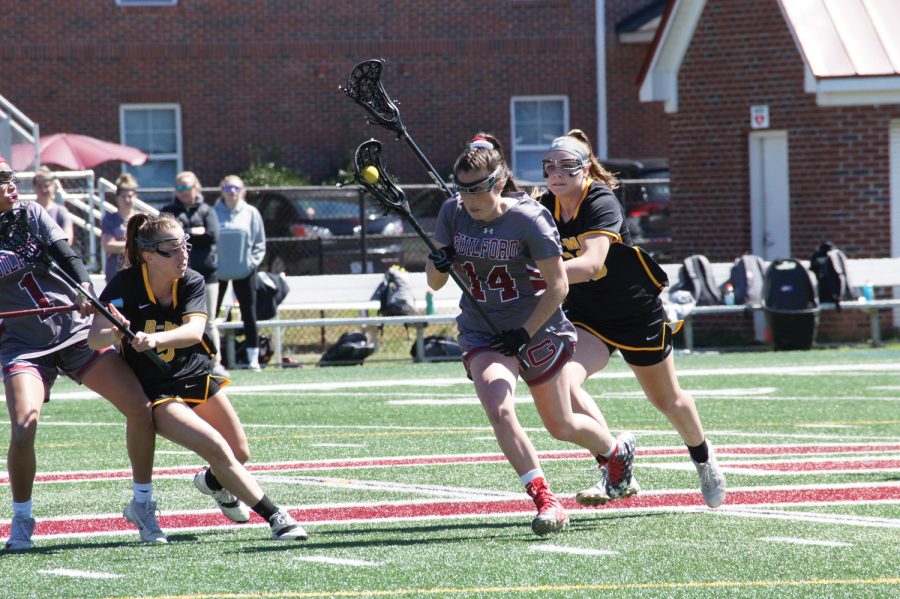Finding protesters at Pride in Greensboro has become an expected part of the event. There are performances. There are celebrations. There are protesters.
This, according to the U.S. Constitution, demonstrates a right to free speech.
But what about when that speech is hateful? What message do those who are grappling with their sexualities or gender identities get when the first things they see, before the rainbow flags and booths, are people telling them that they are not accepted, not valid, not loved?
This year there were less than ten, but their message was just as intolerant.
Pride, at any location, is supposed to be a safe space of celebration. It is a place where a group of people often unrecognized or disrespected by society can express themselves openly and can support one another.
Yet, when these protesters, few though they may be, come and occupy the streets, they send a message. Even at a festival meant to be accepting, there is hate.
In every piece of an LGBTQA person’s life, they might face discrimination, rejection, internalized homophobia, transphobia, biphobia and more. It may be in one’s family, school, church or community.
Shouldn’t there be one place where one has guaranteed basic acceptance?
Protesting as a civil right has its value. Stephanie Chang, director of the Multicultural Education, said that protests have a time and place in our society.
“We’re a society of multiple perspectives, but I think there’s a line where (these protests) can be really damaging,” said Chang.
So what can be done to both reflect our varied society and provide a space for everyone to express themselves?
This was sophomore Blue Shumate’s first pride experience. They felt the protests should have been done at another time and perhaps another place.
“It is our constitutional right to have freedom of speech, but when it’s to the point of coming into someone else’s time and someone else’s space, it’s not really appropriate,” Shumate said.
The protesters were not allowed to walk around. They were monitored closely by the police present at the event.
This is a start, but it’s not enough. There were still hateful words being yelled at attendees as they walked up and down the street.
Philip Kenlon, a senior history major, said that, though there are rights, one should not be too extreme.
“You do have the right to disagree with that lifestyle, but I think you don’t really need to be shouting slurs,” Kenlon said. “You can just say ‘I don’t agree with this’ and protest it peacefully.”
The protesters shouted messages of hate, but there were some counter-protesters ready. There was a small crowd, maybe 15 or 20 people, standing in front of the protesters, clapping their hands and waving fans to drown out the angry yells. At one point, they chanted, “Stop the hate,” while clapping in rhythm.
Even at an event meant to encompass acceptance, people still had to constantly stand up for themselves through actions like the counter-protest. This sends a dual message to people who are, perhaps, still understanding their identity: people stand up for you, but there are also people who actively hate who you are.
What would be said if a group of LGBTQA protesters stood in front of a religious convention and protested antiquated values? There would be news stories and outrage, yet the opposite is expected and tolerated.
If protesters insist on actively interrupting this celebration, they need to be placed in an area where they do as little harm as possible. Not the entrance and not the center. Maybe a street down where a few may pass and they can get their voices heard without disrupting the event.
Pride is supposed to be a place for celebration, for being proud of one’s identity. It needs to reflect that. It needs to reflect acceptance.










